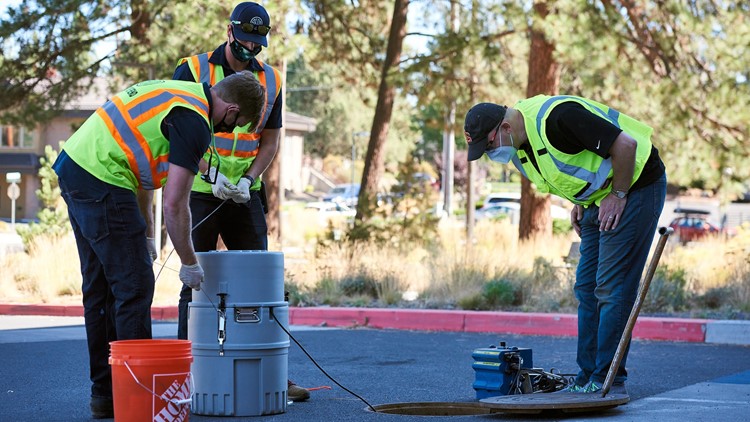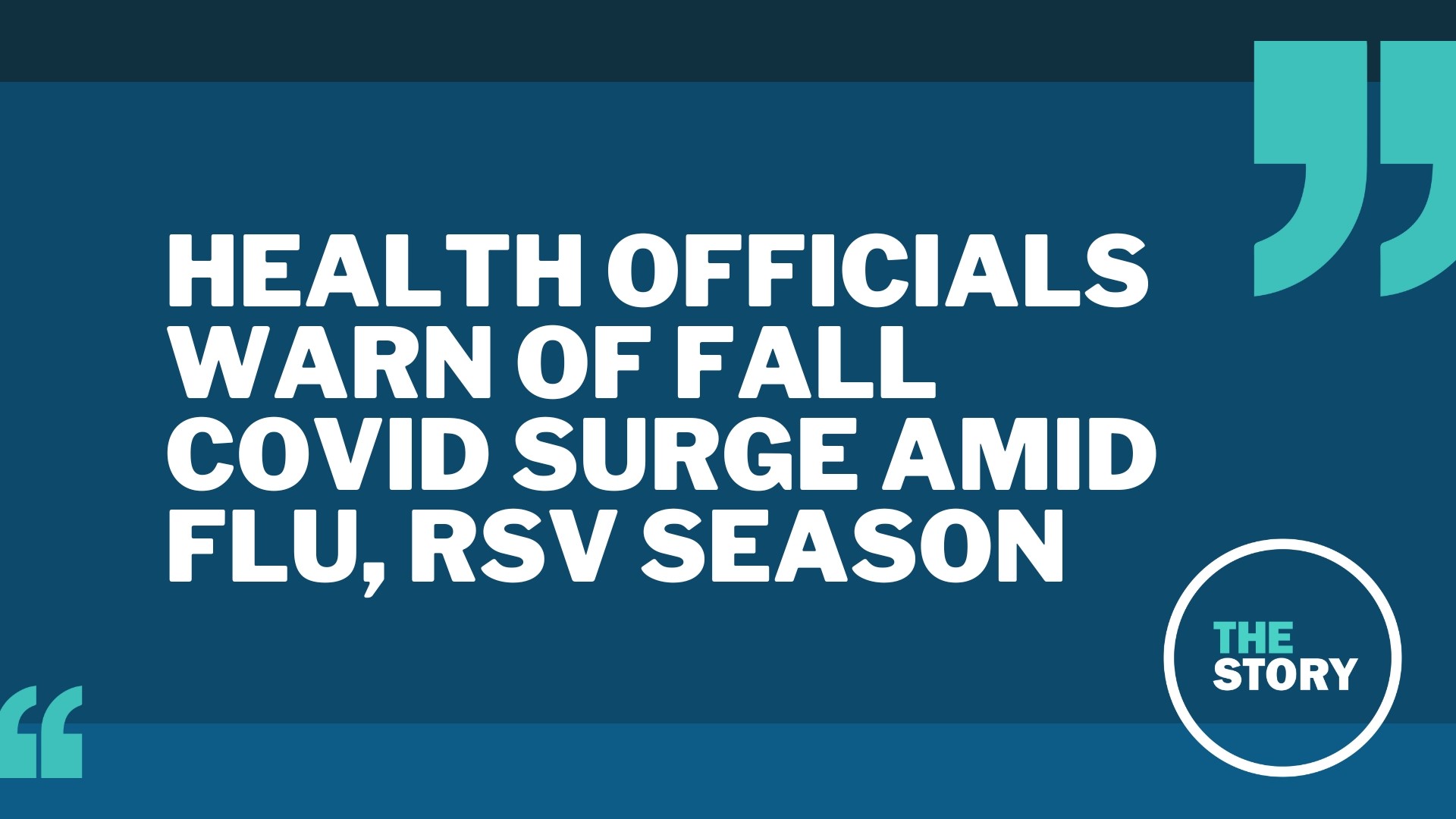CORVALLIS, Ore. — Oregon State University (OSU) researchers have found multiple COVID-19 variants from samples around the state, including the highly contagious “U.K. variant” in Bend, Oregon.
The variants were discovered using wastewater samples and genetic sequencing. Bend is one of several locations in Oregon where OSU’s TRACE Community project tests wastewater to study the coronavirus.
The Bend wastewater sample was taken Dec. 22. Sequencing at OSU revealed the U.K. variant on Jan. 21, researchers said.
“We will see COVID-19 variants rise and fall in abundance through our population over time and the rise of a new variant is not necessarily cause for alarm,” said Dr. Melissa Sutton, medical director of respiratory viral pathogens with the Oregon Health Authority (OHA). “However, monitoring variants is critical to our understanding of disease transmission, disease severity, the ability to evade testing, vaccine effectiveness and treatment resistance.”
Variants first discovered in the U.K., South Africa and Brazil are more contagious than the common strain of COVID-19 because they have a mutation in the virus’ spike protein that can allow individual particles of the virus to latch onto a person’s cells more effectively.
Another variant that has spread in Southern California was also found in wastewater samples on the OSU campus. Five people tested for COVID-19 on campus also were positive for the "L452R strain."
Researchers said the L452R variant does not have the mutation in the spike protein that makes the other variants more contagious, but testing showed that its mutation may reduce antibody binding, which could affect the efficacy of the COVID-19 vaccine.
“Normally when you vaccinate people, they generate a lot of different antibodies against the spike protein,” said genome center director Brett Tyler. “The fact that one particular antibody might not bind as well — we’re somewhat concerned about this strain, but it’s not as concerning as the U.K., South African and Brazilian strains.”
The strains, including two sub-types of the L452R variant, were also detected in wastewater from Albany, Forest Grove, Klamath Falls, Lincoln City and Silverton, Tyler said.
“It is not surprising that we have detected this strain,” said Tyler. “Since L452R has been around a long time, and is currently widespread in California, it stands to reason that it would likely find its way up here. But it does indicate the importance of the sequencing to keep track of it.”
As of Monday, OSU said researchers have completed genetic sequencing on more than 1,100 samples – 936 wastewater samples and 174 individual samples – from around the state.
“The wastewater sampling is particularly powerful because of its broad scope,” Tyler said. “Each sample represents a survey of an entire community, or subsection of a community, which is much more cost-effective than testing people one by one.”
OSU and the OHA plan to expand the wastewater surveillance to every county statewide.



